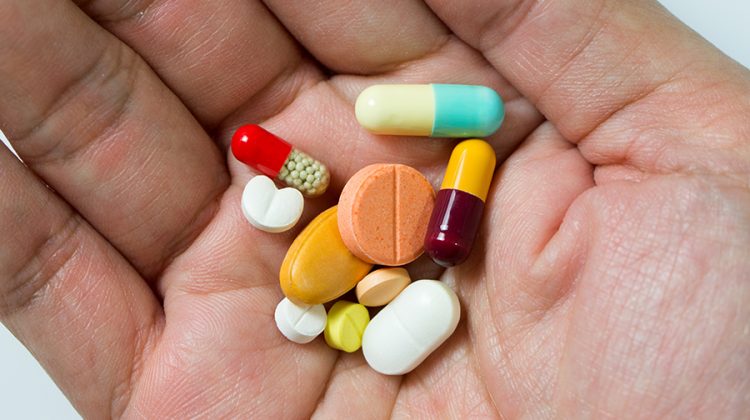There is a lot of media attention being paid to the opioid addiction crisis we’re currently facing in this country. And with good reason. In 2017, more than 130 people died each day from opioid-related drug overdoses. That’s more than 47,000 people. That’s more than the number of people who died from breast cancer. That’s tens of thousands of deaths that didn’t have to happen. And there are millions more who are living with addiction. That’s most definitely a crisis.
There also seems to be a laser-like focus on the pharmaceutical industry as a major cause for the recent spike in incidents. There is no doubt that the misdirection of healthcare providers by these companies, who convinced the world that their drugs were non-addictive, is a major factor in creating this chaos. But here’s something we would like the powers-that-be to consider when debating potential solutions to what can only be termed as a national emergency: The status of mental healthcare in this country. We maintain that you cannot address substance abuse without addressing mental health and vice versa.
Stigma and the Self Treatment Route
It is our position that many substance abusers are actually self-medicating due to mental health issues. They are “treating” themselves for depressive symptoms, anxiety, mood disorders and the like. And self-medication often arises from the stigma attached to mental illness, such that those who are suffering find it easier to treat themselves than to ask anyone on the outside for help.
So, let’s connect some of the dots.
By 2012, doctors were prescribing opioid drugs at least once a year to more than 80 Americans out of every 100. That was more than double the rate at which these drugs were prescribed in the early 1990’s. Add to this the percentage of substance abusers who obtain drugs like heroin and synthetic fentanyl illegally, and the rate at which people are getting their hands on these dangerous substances is staggering.
Now consider whose hands they are being placed in. How many of those people are already compromised by mental health issues that only become exacerbated by the chemical changes in brain chemistry caused by the use of opioid pain killers? Substance abuse over time can actually create mental illness. Drugs release extreme amounts of dopamine which creates the euphoria users crave. When that level of dopamine drops, depression can result. Use of these drugs upsets the equilibrium in the body and the brain, sometimes becoming the catalyst for the emergence of mental health issues or even for psychotic break. Whether these drugs are obtained legally or illegally, their overuse can frequently be tied to underlying mental health disorders that are often ignored, misdiagnosed, or under-treated.
This is, of course, an over-simplification of these very complex issues. All we want to do here is point out that there are many different ways to address the opioid crisis and we urge those on the front lines to make sure they are considering all the angles and attacking the problem from all directions. Yes, the pharmaceutical companies have to be held accountable. Yes, the illegal drug dealers need to be weeded out and shut down. Yes, doctors and patients need to be better educated about the implications of opioid abuse. But let’s make sure that mental health remains a critical part of the conversation as well. Maybe if we can address some of the mental health issues that people face, we can create a population more immune to the circumstances that very often lead to the use and misuse of these drugs.
